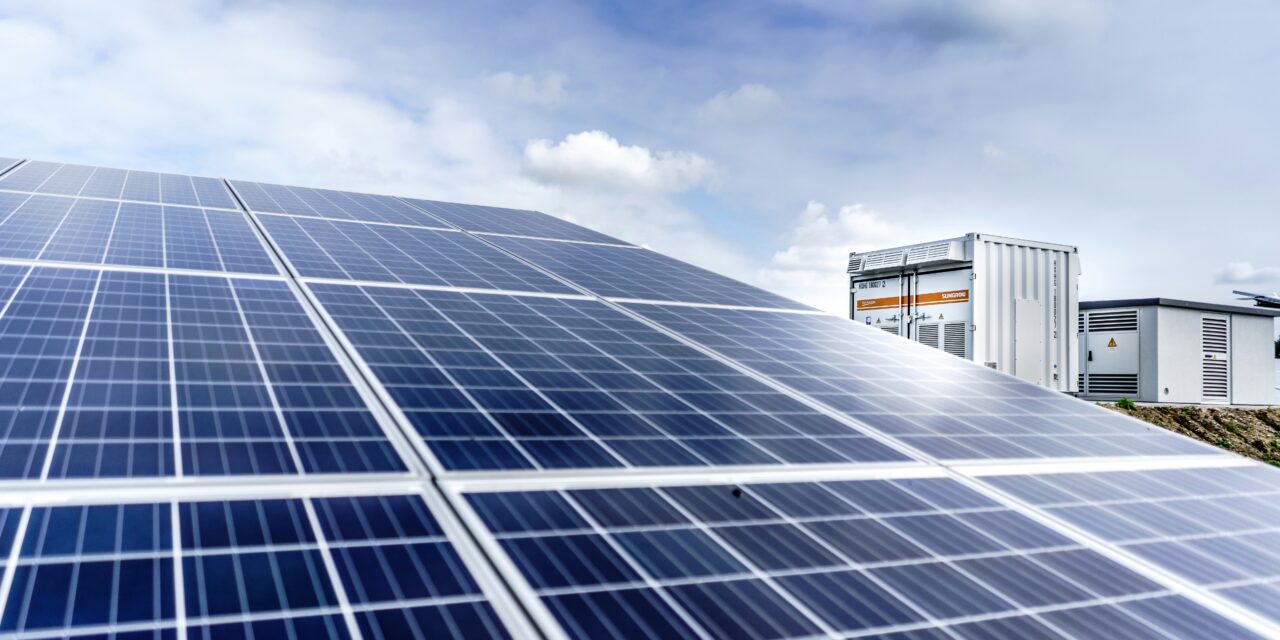Understanding Energy Independence
In 2025, the idea of energy independence is more than just a trend—it’s becoming a necessity. Homeowners across the country are searching for ways to cut down on energy costs, avoid rising utility bills, and take control of their power sources. But what does it really mean to be energy independent?
Energy independence means producing the energy your home needs without relying entirely on your local power grid. For many people, that starts with solar panels on the roof and a battery system that stores extra energy for later use. With this setup, a home can run during the day on solar energy and use stored power at night or when the grid goes down.
But true energy independence goes beyond just having the equipment. It’s a shift in mindset. It’s about owning your energy future and not being at the mercy of utility companies, outages, or rising rates.
Why Homeowners Are Making the Shift
There are a few key reasons why more homeowners are moving toward energy independence this year. One of the biggest is cost. Electricity rates have been steadily climbing. Families are looking for ways to lock in their costs and avoid surprises.
Solar energy allows homeowners to produce their own power, which means less dependence on the grid and lower monthly bills. In many cases, homeowners see their electric bills drop significantly after going solar. Over time, the savings can be massive.
Another big reason is reliability. In many areas, blackouts and grid failures are becoming more common. Whether it’s from storms, wildfires, or high demand, people are tired of losing power when they need it most. A home energy system with solar panels and backup batteries provides peace of mind. You don’t have to wait for the grid to come back—you already have power stored and ready to go.
Then there’s the environmental impact. More people are thinking about the planet and how their choices affect the future. Producing clean energy at home means fewer carbon emissions and a smaller footprint. It’s a step toward a healthier world.
Energy Independence Is Not Just for the Wealthy
There’s a common myth that only rich people can afford solar panels and energy storage. That may have been true in the early days of solar, but not anymore. Thanks to new financing options, tax credits, and state-level incentives, solar energy is more accessible than ever.
Homeowners can often install solar with little or no upfront cost. Instead, they pay monthly for the system—usually replacing their utility bill at a lower rate. In some cases, families are saving money from the very first month.
That’s one reason why companies like New York Electric and Solar focus so heavily on education. Many people don’t realize just how affordable solar has become. They think it’s out of reach when it’s actually a smart financial move.
What Makes Energy Independence Possible
Technology has come a long way in the last few years. Modern solar panels are more efficient and longer-lasting. They can produce more power even on cloudy days. And they can blend in with your roof, so you don’t have to sacrifice the look of your home.
But the biggest breakthrough might be battery storage. These systems allow you to store solar energy for use at night or during emergencies. In the past, solar only worked when the sun was shining. Now, with a battery backup, your home can stay powered 24/7—even if the grid goes down.
Battery systems are smart, too. They learn your habits and help manage your energy use automatically. Some systems can even sell energy back to the grid when prices are high and buy it when prices are low—saving you even more.
The Role of Customer Support and Service
Installing a solar and battery system is just the beginning. Ongoing support and education are key parts of maintaining energy independence. Homeowners need to understand how their systems work, how to get the most out of them, and what to expect over time.
That’s why New York Electric and Solar chooses to do everything in-house—sales, installation, and service. It creates a smoother experience and ensures that customers are never left in the dark.
“We want to be there for every part of the journey,” says a team member from New York Electric and Solar. “Not just the installation. We want to guide people through the entire process and continue to support them long after the panels are on the roof.”
What the Future Looks Like
Energy independence isn’t a dream for the future—it’s happening now. More homeowners are producing their own power, storing it, and even sharing it with their communities. In some neighborhoods, entire blocks are powered by shared solar energy and storage systems.
This is the future of power. It’s clean. It’s reliable. And it’s personal.
As the energy grid continues to face stress from climate change, population growth, and old infrastructure, more families will look for ways to take control. And solar with battery backup will play a huge role in that shift.
But at the end of the day, energy independence is about more than technology. It’s about freedom. It’s about knowing that you can keep the lights on, the fridge running, and your family safe—no matter what.
Final Thoughts
In 2025, energy independence is no longer a luxury. It’s a smart, practical choice for homeowners who want control, stability, and savings. Whether you care most about lowering bills, avoiding outages, or protecting the planet, going solar and storing your own energy is one of the most powerful steps you can take.
As one company leader put it: “Every step we take is made confidently toward making clean energy accessible for all.”
And for more and more families, that step begins with one simple decision—to power their lives on their own terms.




